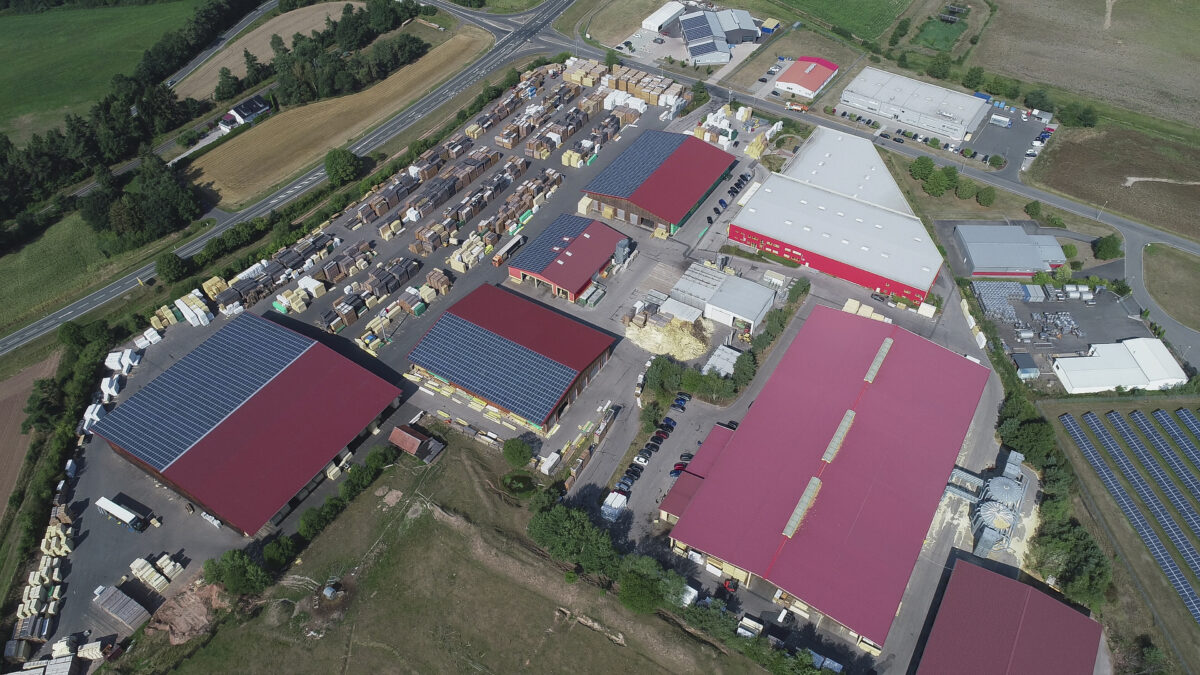The Ziegler Group, one of Europe’s largest wood industry enterprises, has filed for bankruptcy through its parent company, Ziegler Holding GmbH. The group, ranked as the tenth largest sawmill group in Europe, owns the continent’s largest sawmill in Plößberg, Germany, employing approximately 700 workers. It also operates two units in Sweden and subsidiaries in Romania.
The bankruptcy filing was submitted on November 20. According to the German newspaper OberpfalzECHO, the company’s annual report for 2022 revealed that its bank debts amounted to Euro 326 million. Despite weak market conditions in the construction sector, Ziegler Group had aggressively expanded its production capacity, increasing its sawn timber output from 1.6 million m3 in 2022 to 2.04 million m³ within two years. This growth positioned the company as a key player in Europe’s wood products market.
The Plößberg sawmill, one of Europe’s largest, is a cornerstone of the Ziegler Group. Its subsidiary, naturheld GmbH, based in Grafenwöhr-Hütten, employs 120 workers and specializes in eco-friendly wood fiber insulation materials. Opened in 2021 after an investment of Euro 150 million, this facility represents Ziegler’s commitment to sustainable timber production. Despite its potential, naturheld GmbH and several other group entities have also filed for insolvency.
The Ziegler Group employs a total of 3,000 people across Germany, Sweden, and Romania. It reported Euro 750 million in revenue in 2023 but struggled with substantial financial pressures due to declining demand in the construction sector, disrupted supply chains, and rising borrowing costs. The aggressive expansion of its sawn timber production capacity, while ambitious, was unable to offset the financial strain caused by the broader economic downturn.
Insolvency administrator Volker Böhm is now assessing options to preserve operations and retain as many jobs as possible, potentially through investor sales or restructuring.
